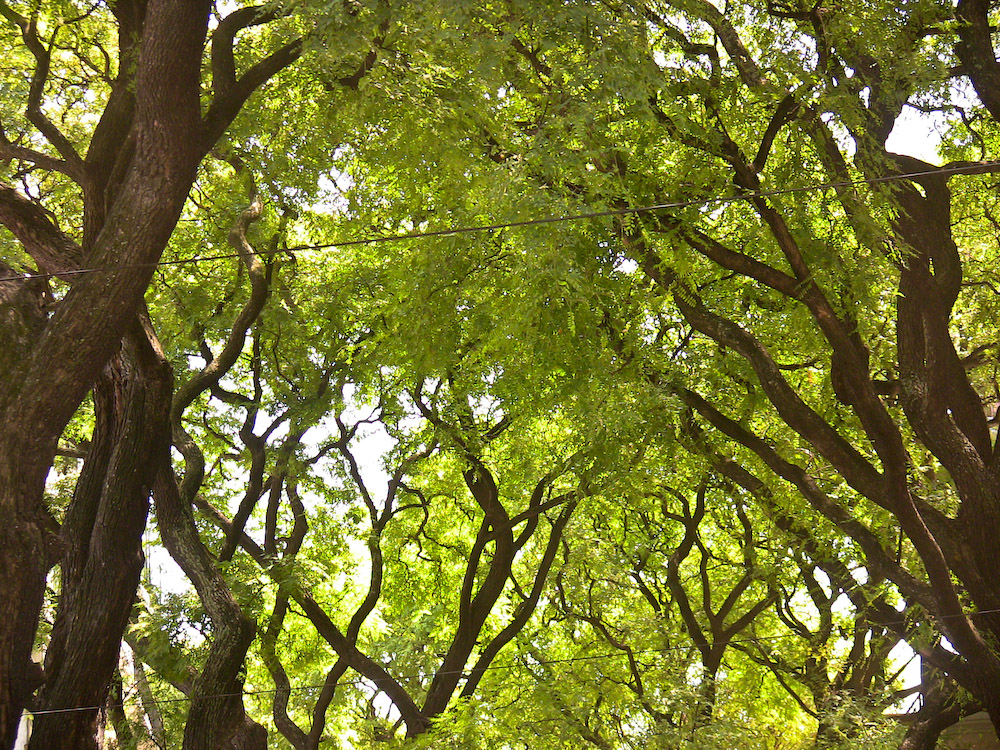Translated from the Spanish by MICHAEL BAZZETT
Humberto Ak’abal (1952-2019) is widely known in Guatemala. His book Guardián de la caída de agua received the Golden Quetzal award in 1993, and in 2004 he declined to receive the Guatemalan National Prize in Literature because it was named for Miguel Angel Asturias, whom Ak’abal accused of encouraging racism, noting that his views on eugenics and assimilation “offend the indigenous population of Guatemala, of which I am part.”
What does it mean then to meet Ak’abal in English? What does it mean to translate an indigenous writer who spurned institutional accolades from one dominant, oppressive language into another colonial tongue?
My initial impulse in grappling with such questions is to take cues from Ak’abal himself, who notes that his mother’s milk fed him no “Castilian,” yet translated his work from his indigenous K’iche Maya to Spanish. As he put it, “. . . if I use this language that is not mine, / I do it as someone using a new key / to open another door and enter another world / where words have other voices. . .” Such an approach holds pragmatism, certainly, but the image of language as a key offers more; it allows the poem to make its entrance into the reader, as well as the reader to enter the poem—and thus be entranced in both senses of the word.
The idea of the translator being a guest (as opposed to “hosting” a poem in English) resonates with me. Spending time in the evocative rooms of Ak’abal’s poems is what originally drew me his work, and of course, poetry inhabits us as well. It needs our minds and breath and hearts to activate it. When I translate, I’m simultaneously a guest in the K’iche’ Maya and the Spanish—a stance that reminds me I’m also eternally a guest in English, a language I continue to learn and try to make new.
—Michael Bazzett
El Canto Viejo de la Sangre
Yo no mamé la lengua castellana
cuando llegué al mundo.
Mi lengua nació entre árboles
y tiene sabor de tierra;
la lengua de mis abuelos es mi casa.
Y si uso esta lengua que no es mía,
lo hago como quien usa una llave nueva
y abre otra puerta y entra a otro mundo
donde las palabras tienen otra voz
y otra moda de sentir la tierra.
Esta lengua es el recuerdo de un dolor
y la hablo sin temor ni vergüenza
porque fue comprada
con la sangre de mis ancestros.
En esta nueva lengua
te muestro las flores de mi canto,
te traigo el sabor de otras tristezas
y el color de otras alegrías…
Esta lengua es solo una llave más
para cantar el canto viejo de mi sangre.
The Old Song of the Blood
My mother’s milk fed me no Castilian
when I came into this world.
My language was born among trees,
it holds the taste of earth;
my ancestors’ tongue is my home.
And if I use this language that is not mine,
I do it as someone using a new key
to open another door and enter another world
where words have other voices,
a different way of feeling the earth.
This language holds the memory of pain,
and I speak it without fear or shame
because it was paid for
with the blood of my ancestors.
In this new language
I show the flowers of my song,
bring the taste of other sorrows,
the shades of different joys…
This tongue is just one more key
for singing the old song of my blood.
Humberto Ak’abal (1952–2019) was a K’iche’ Maya poet from Guatemala. His book Guardián de la caída de agua (Guardian of the Waterfall) was named book of the year by Association of Guatemalan Journalists and received their Golden Quetzal award in 1993. In 2004, he declined to receive the Guatemala National Prize in Literature because it is named for Miguel Ángel Asturias, whom Ak’abal accused of encouraging racism. Ak’abal, a recipient of a Guggenheim fellowship, passed away on January 28th, 2019.
Michael Bazzett is the author of four books of poetry, most recently The Echo Chamber (Milkweed, 2021). His work has appeared in Granta, The Threepenny Review, The Sun, The Nation, and The Paris Review, and his verse translation of the Mayan creation epic, The Popol Vuh, (Milkweed, 2018) was longlisted for the National Translation Award as well as named one of 2018’s best books of poetry by the NY Times. A folio of his Ak’abal translation recently won the Gabriel Garcia-Marquez Prize in Translation from Lunch Ticket Review.




